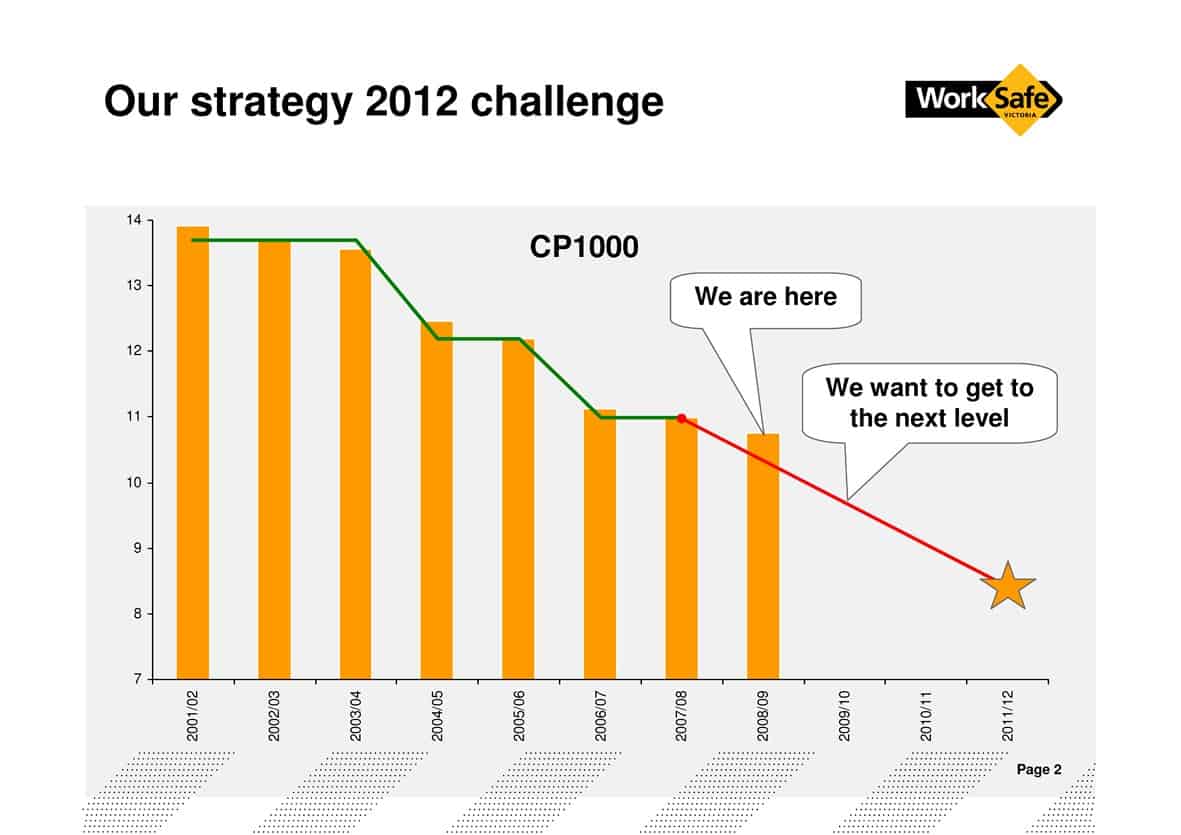Many of us grew up under the “shadow of the mushroom cloud” and have strong suspicions towards radiation of any kind but the OHS achievements of those working with radiation should be acknowledged.
In the latest edition of the IAEA Bulletin (May 2009) this achievement is clearly summarised as it relates to those in medical radiation.
The early emphasis on staff protection did pay rich dividends in terms of making staff safer. Currently, most (nearly 98%) of those who work with ionizing radiation in any area of medical practice receive a radiation dose that is lower than what they get from natural radiation sources — the so-called background radiation, e.g., cosmic radiation, radon, radiation from building material, earth, food, etc. Background radiation depends on the place you live, but typically is 1 mSv to 3 mSv per year, although in some places can be up to 10 mSv. The dose limit for staff currently recommended by the International Commission on Radiological Protection (ICRP), and adopted by the IAEA and most countries with few exceptions, is 20 mSv/year, expressed as 100mSv over a period of five years. Such has been the success of occupational radiation protection programmes that not even 0.5% of staff members who work in medical facilities (or in any nuclear facility) reach or exceed the dose limit.”
The siginifcance of the article from which this paragraph is taken comes from the next sentence:
“Since there are no dose limits for patients, many may incorrectly assume that there are no controls on patient exposure.”
The article by Madan M Rehani, and thankfully available online, discusses the possibility of introducing an ongoing monitoring system that records the cumulative exposure to radiation by patients. The smart card project launched by the International Atomic Energy Agency will be one to watch as there could be applications of such a system to other occupations and work-related hazards.
The importance of such a program is high as Rehani writes:
“The risk of cancer from radiation doses imparted through a number of CT scans is not insignificant. Most other radiation effects (such as skin injury, just to name one) can be avoided rather effectively, but this is not true for the risk of cancer. There are estimates of few million excess cancers in the USA over the next two to three decades from about 60 million CT scans done annually.”

